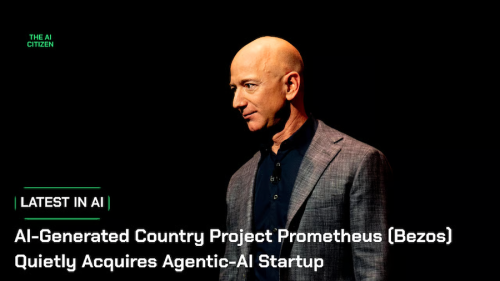Since August 2018, Lynne Parker has worked in the White House Office of Science and Technology Policy, helping steer the executive branch’s approach to research, innovation, policy, and investment in artificial intelligence. Under the Biden administration, she was promoted to director of the National Artificial Intelligence Initiative Office in early 2021, a role that puts her at the forefront of the country’s domestic and international investments and education in the A.I. space.
As the final speaker at the Fortune Brainstorm A.I. conference in Boston this week, Parker discussed this relatively new position and shared the initiative’s three main goals. “The first one is all about research. The innovations that we’re being able to take advantage of today, many of them are due to decades of investments by the federal government and research, so there’s a recognition that the advances for the next decade need to have that research underpinning as well,” she said. “A second goal is in making sure that the U.S. leads the world in the development and use of trustworthy A.I. in both the public and private sectors. That means the federal government itself, and its use of trustworthy A.I., as well as the private sector. Obviously, there are many things that need to happen for that to take place. And then the third [goal] is to make sure that we’re educating people to have the skills and the talents and the opportunities to learn about the A.I.-enabled jobs of both today and the future.”
Parker revealed that her office is currently in the process of forming a national A.I. advisory committee that will consist of members of the academic and business community “to make sure that we democratize access to the cyber infrastructure and the data that’s needed to enable anyone to engage in A.I. research.” She also said it’s key that the government is invested in long-term fundamental research while businesses are working more on the product side, making it a public-private partnership that covers all of the A.I. bases.
The original article was published at Fortune.
The Boston Global Forum (BGF), in collaboration with the United Nations Centennial Initiative, released a major work entitled Remaking the World – Toward an Age of Global Enlightenment. More than twenty distinguished leaders, scholars, analysts, and thinkers put forth unprecedented approaches to the challenges before us. These include President of the European Commission Ursula von der Leyen, Governor Michael Dukakis, Father of Internet Vint Cerf, Former Secretary of Defense Ash Carter, Harvard University Professors Joseph Nye and Thomas Patterson, MIT Professors Nazli Choucri and Alex ‘Sandy’ Pentland, and European Parliament Member Eva Kaili. The BGF introduced core concepts shaping pathbreaking international initiatives, notably, the Social Contract for the AI Age, an AI International Accord, the Global Alliance for Digital Governance, the AI World Society (AIWS) Ecosystem, and AIWS City.









